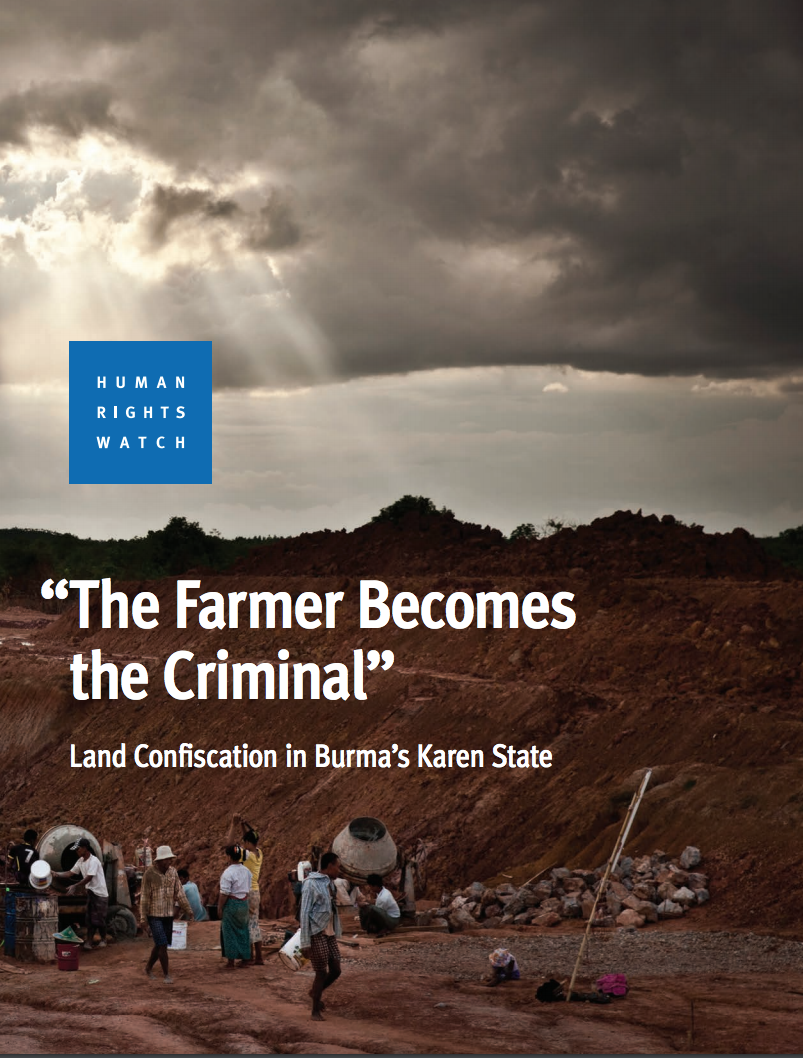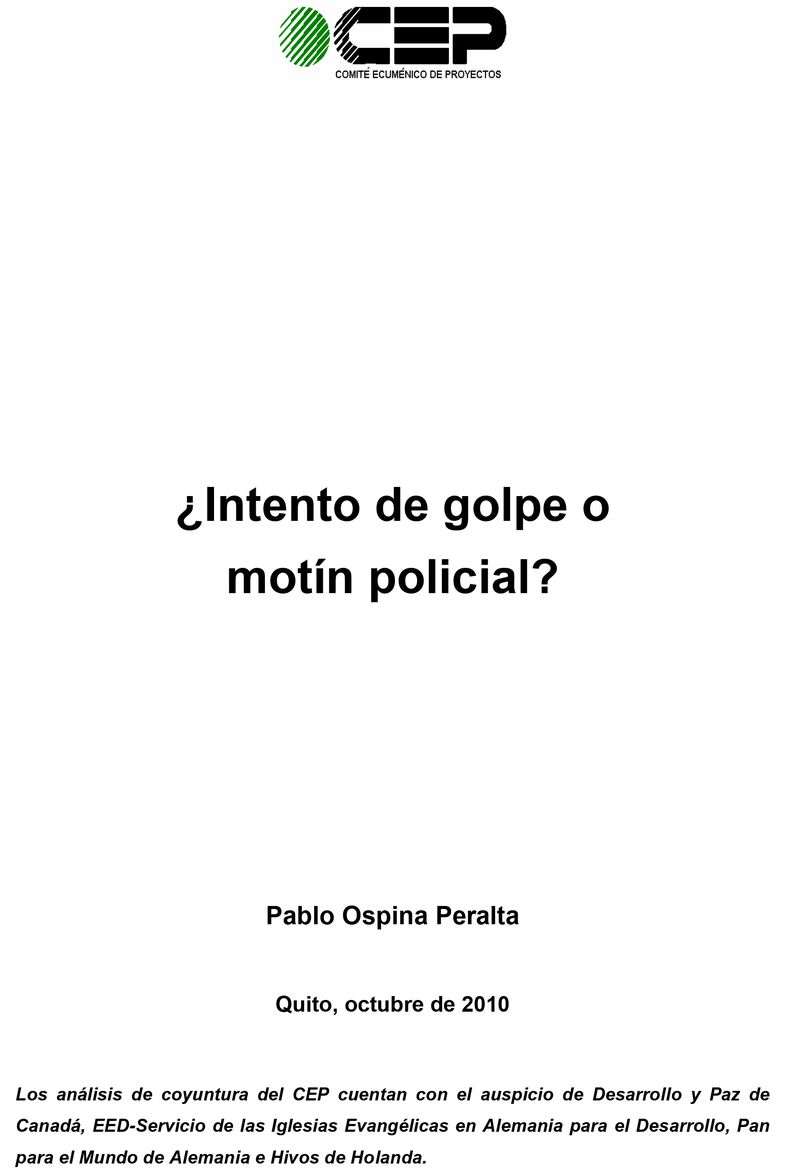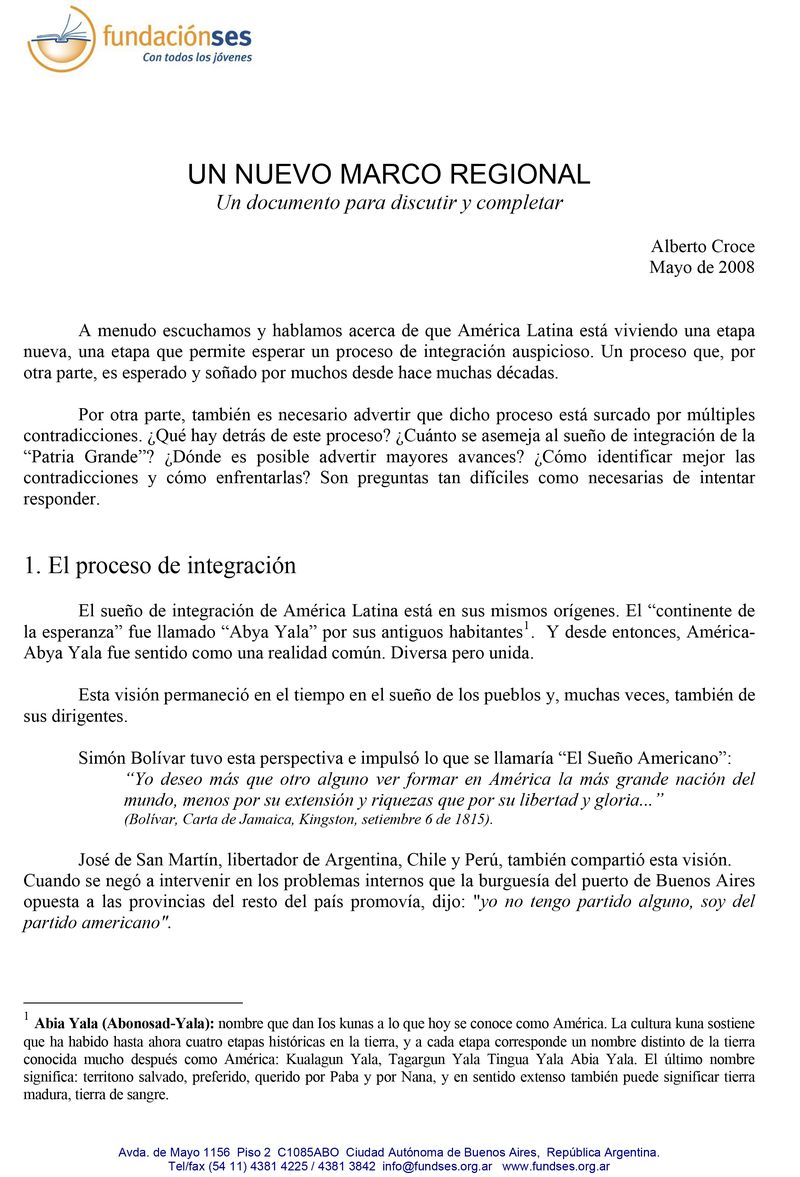Polarization, Politics, and Property Rights : Links between Inequality and Growth
Most efforts to trace the effects of
income inequality on growth have focused on redistribution.
However, empirical investigation has not substantiated
either the positive association of income inequality with
redistribution or the negative association of redistribution
with economic growth. The authors analyze the effects of
inequality in the broader context of social polarization.
They argue that social polarization, whether rooted in










